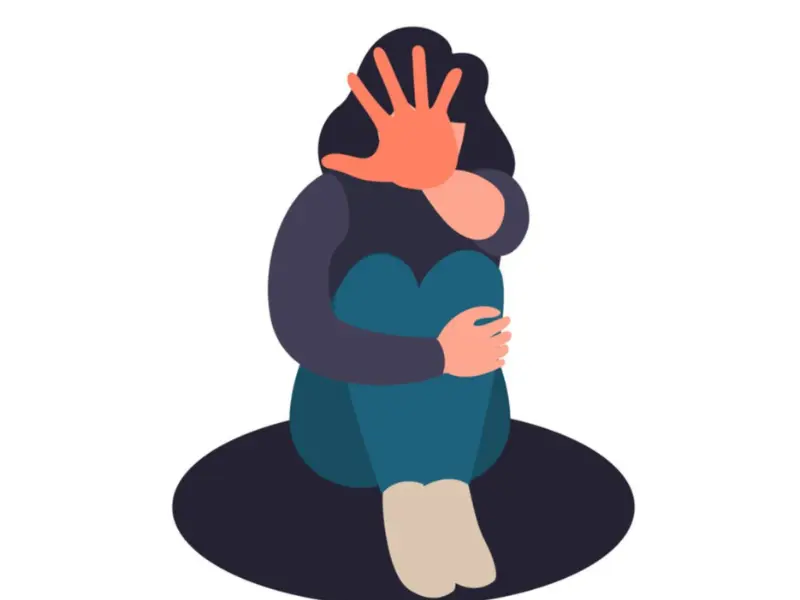Child sexual abuse is sexual activity between a child and an adult or older child. This can include physical contact such as touching, kissing, and sexual intercourse, as well as non-contact abuse like exposure to sexual activity or pornography, sexual harassment, or the prostitution of a child, including sex trafficking. Children who have experienced sexual abuse may feel scared, ashamed, or confused, and they may not feel safe telling anyone about the abuse, mainly if the abuser is someone they know and trust.
Signs and symptoms of child abuse
Some indicators that a child may be experiencing sexual abuse include changes in their behavior, such as becoming more withdrawn or aggressive, experiencing nightmares, having trouble performing well in school, showing signs of depression or anxiety, developing unusual fears, lacking supervision, or engaging in self-harm. Some crucial points that should be taken into consideration are:
- Children who exhibit sexual behavior that is not typical for their age group, or have knowledge of sexual activity or materials beyond what is considered normal for their age, may have been exposed to inappropriate sexual content.
- Sometimes, children who have experienced sexual abuse may confide in someone they trust or make statements that indicate they have been abused.
- Children who have experienced sexual abuse may sometimes display inappropriate sexual behavior with other children, such as touching them inappropriately or attempting to engage them in sexual activity.
It's important to note that some of these behaviors can also be part of normal childhood exploration, so it's essential to seek advice from a professional if you have concerns.
After Effects and Trauma
Some children subjected to child abuse may be able to overcome the physical and psychological impacts, especially those with strong social support and resilience abilities, and adapt to and cope with negative events. Some people, meanwhile, may continue to experience problems with their physical, behavioral, emotional, or mental health years afterward.
Physical Issues: Regarding physical issues, the most immediate effect of child abuse can be physical health problems such as premature death, physical disabilities, and chronic health issues like heart disease, diabetes, chronic lung disease, and cancer. Child abuse can also lead to learning disabilities and indirect effects such as substance abuse.
Behavioral Issues: Behavioral changes are typically noticeable, and they can help us comprehend the inner conflict that children who have been abused go through. These changes can include withdrawal, troubles in education or not finishing high school, inadequate social and relational skills, and challenges with work or keeping employed.
Emotional Issues: Emotional and psychological issues resulting from child abuse include low self-esteem, an unhealthy view of parenthood, and an inability to cope with stress and frustrations. In more severe cases, these issues can lead to difficulties in establishing or maintaining relationships, challenges with intimacy and trust, and even acceptance that violence is a normal part of relationships.
Prevention
Parents always prioritize their children's safety, especially when it comes to protecting them from sexual assault. Here are some steps that can help protect children from such trauma:
- Encourage open communication with your child and listen to them.
- Educate your child about body safety and appropriate and inappropriate touches.
- Teach them to say "no" and report to you or another trusted adult if someone makes them uncomfortable.
- Be vigilant and supervise your child in public places and online.
- Know your child's caregivers and check their references.
Conclusion
Sexual assault and child abuse can be traumatic events in an individual's life. But it is essential to overcome the horrors of the past and move on with a new life. Professional help and support from loved ones always help in these situations.
If you're struggling with issues from the past and want a way out, get connected with Solh Wellness. We provide a safe, non-judgmental space for individuals to cope with their mental health issues where they can share their experiences with the option of anonymity. Download the Solh app and take a step towards better mental health and life.



